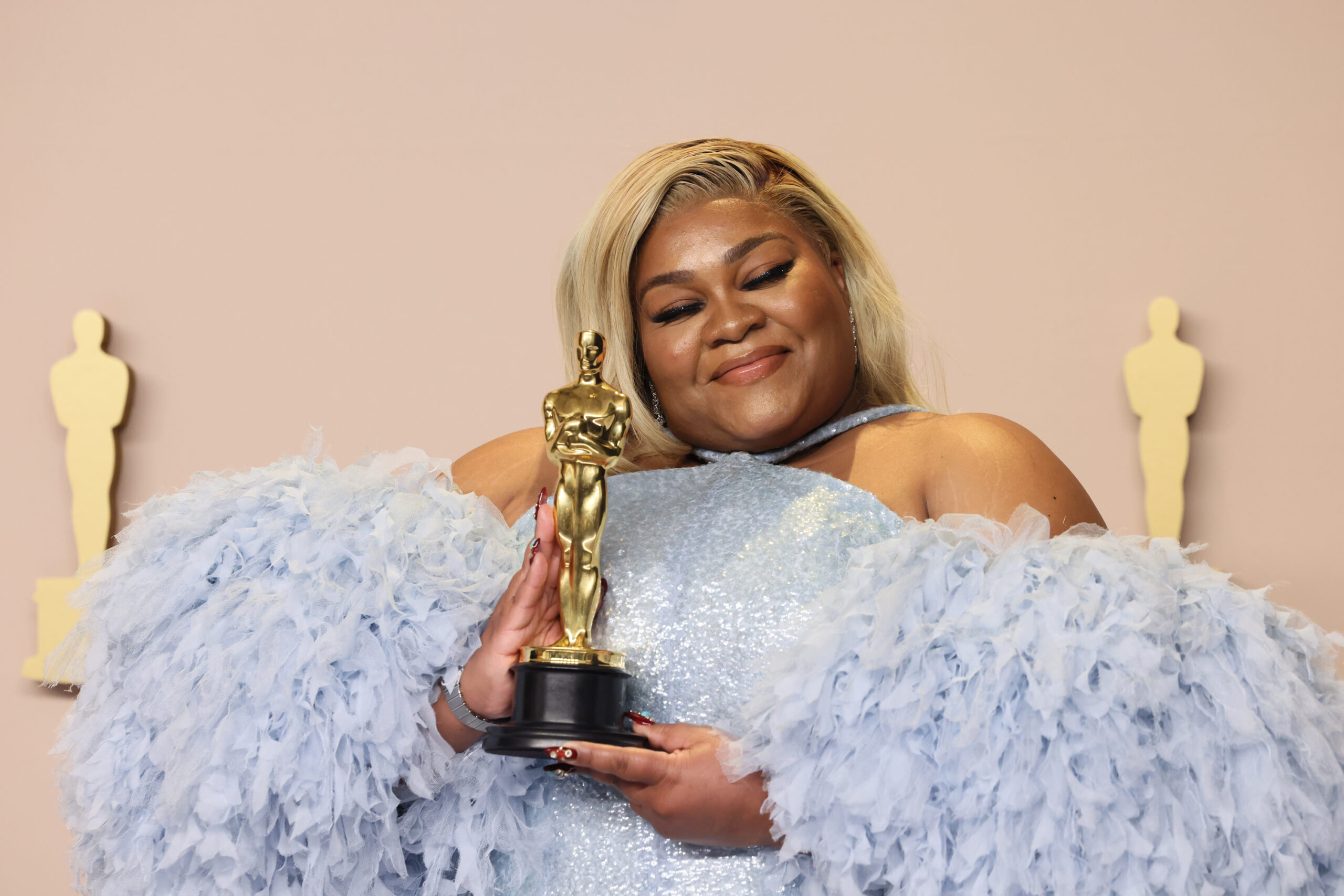Da’Vine Joy Randolph won her first Oscar for her role as Mary Lamb in Alexander Payne’s “The Holdovers.” Her legendary performance made her an award season favorite, granting her a Golden Globe, SAG Award, Critics Choice Award and more.
For Randolph, this Oscar win was about more than the recognition from the Academy. It was a realization that she, with all of her curves, beauty and exceptional abilities, is enough. During an emotional acceptance speech, she admitted to wanting to change, but ultimately being grateful for being authentically herself.
“For so long, I’ve always wanted to be different, and now, I realize I just need to be myself,” Randolph said during her speech though tears of joy. “I thank you for seeing me.”
The award-winning actress also thanked the people who encouraged her throughout her acting career. She admitted to not always seeing herself as an actor. It was the people who truly saw her who pushed her to realizing her full potential. Randolph’s mother urged her to go to the local theater department and when she didn’t see herself in the career, her acting coach told her they’d chart their own path.
“When I was the only Black girl in class, you saw me and told me I was enough,” she said, referring to her former acting coach. “When I told you, ‘I don’t see myself,’ you said, ‘That’s fine. We’re going to forge our own path.’”
By winning Best Supporting Actress, Randolph joins 10 other Black actresses who received an Oscar throughout the award show’s history. She joins the company of Hattie McDaniel, Ethel Waters, Juanita Moore, Alfre Woodard, Halle Berry, Whoopi Goldberg, Jennifer Hudson, Octavia Spencer, Lupita Nyong’o and Viola Davis. While Randolph’s win for her portrayal is well-deserved, it’s hard to ignore the few Black women winners in the history.
It amplifies a bigger issue with Hollywood and the award’s circuit: Black women aren’t valued. From the lack of nominations to last year’s Angela Bassett snub, the Academy Awards continues to ignore Black women’s talent. Based on the history, it seems that Black women awardees must fit into a specific box to gain the recognition. It’s an issue that dates back to the very first Oscar ceremony and has seen very little change.
The acceptance speech from Randolph underscored the power behind others seeing her for her authentic, true self. However, her speech is bigger than her own self. Her words also serve as a blueprint for the change needed in Hollywood. The ask is simple: stop putting Black women in a box. Black women deserve recognition for all of the roles that represent their experience. The pattern of honoring Black women almost exclusively in roles of servitude to others needs to change.
